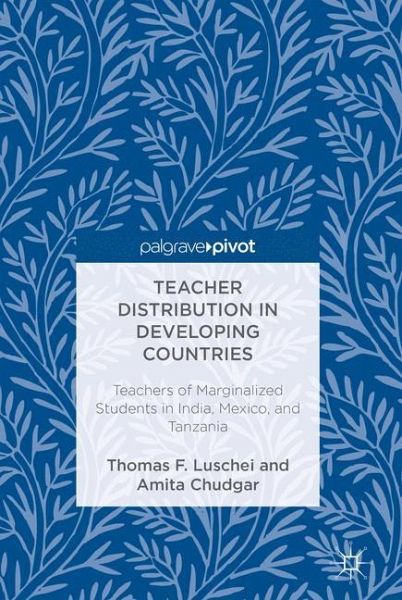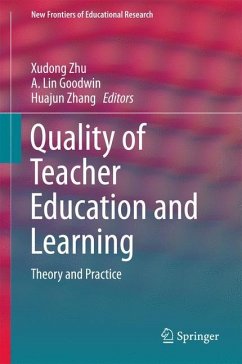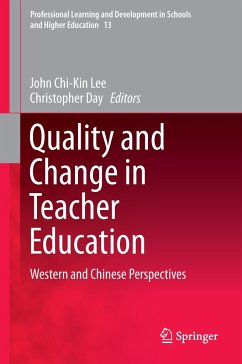
Teacher Distribution in Developing Countries
Teachers of Marginalized Students in India, Mexico, and Tanzania

PAYBACK Punkte
21 °P sammeln!
This book draws on case studies from India, Mexico, and Tanzania to examine the complex processes that lead to the educational marginalization of children through differential access to teacher quality. Growing evidence indicates that access to good teachers can boost the academic success of disadvantaged children and narrow achievement gaps between more and less privileged students. Yet in many countries, stronger teachers are concentrated in the classrooms of more advantaged children. Using a teacher labor markets framework, the authors explore the actions of those who employ teachers the de...
This book draws on case studies from India, Mexico, and Tanzania to examine the complex processes that lead to the educational marginalization of children through differential access to teacher quality. Growing evidence indicates that access to good teachers can boost the academic success of disadvantaged children and narrow achievement gaps between more and less privileged students. Yet in many countries, stronger teachers are concentrated in the classrooms of more advantaged children. Using a teacher labor markets framework, the authors explore the actions of those who employ teachers the demand side and teachers themselves the supply side. Examining key junctures in the teacher career pipeline, from recruitment and training to retention and transfer, the authors find that the actions of the demand side often clash with teachers' preferences to live and work in satisfactory environments or to be close to home and family. Too often, the misalignment of the demand and supplysidesplaces marginalized children at a profound educational disadvantage.














